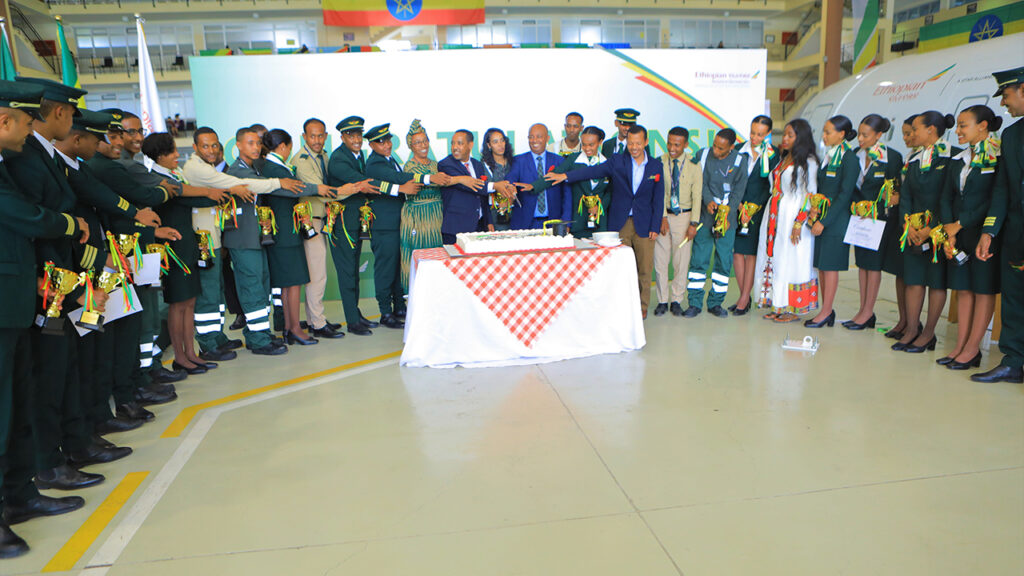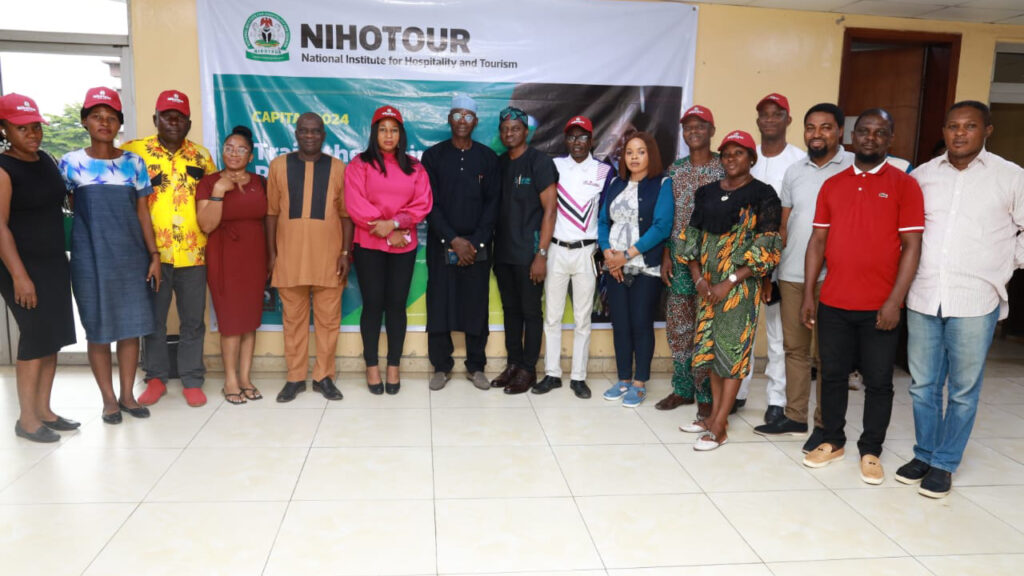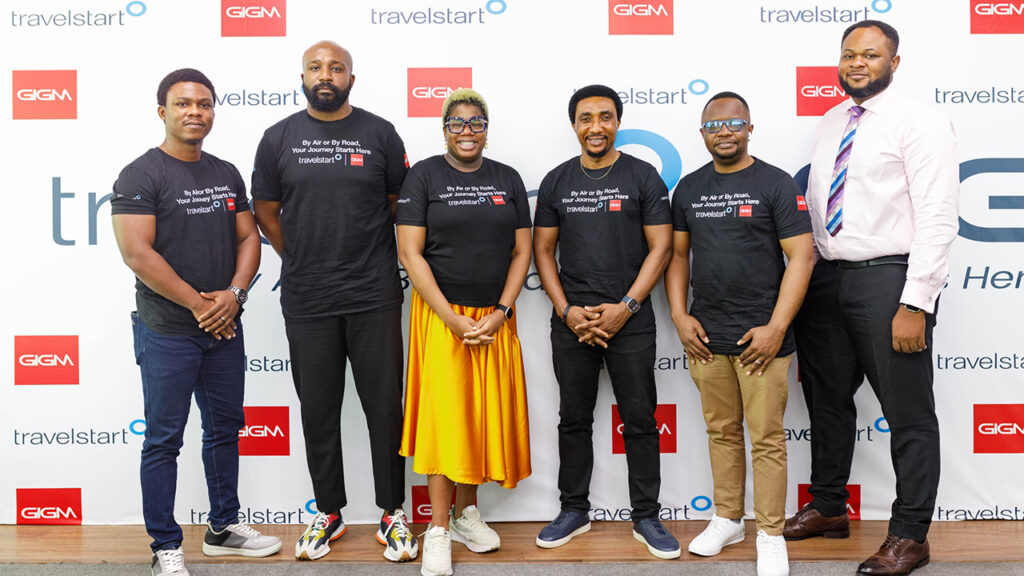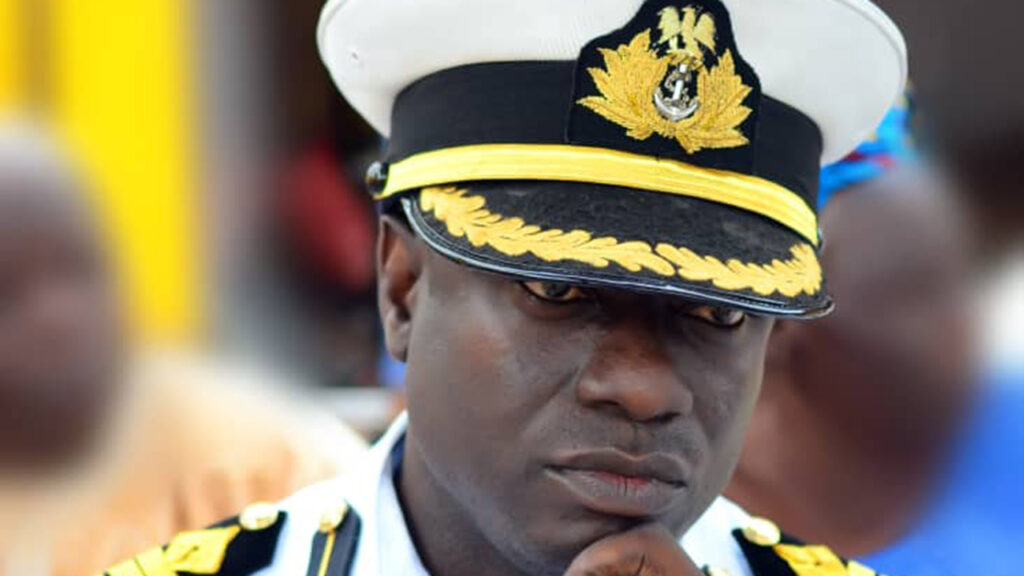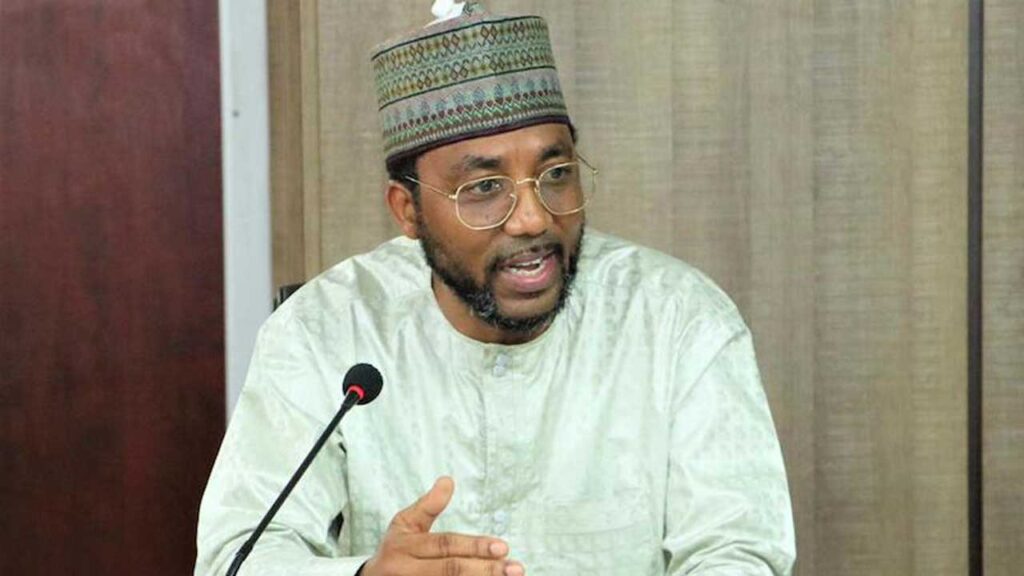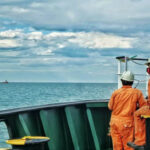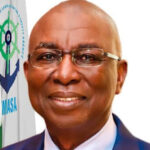
This follows the recent shipping rapid development and evolvement to meet new realities, from working with low flash point fuels for net zero requirements to operating in polar regions that prompted changes to regulations in the IMO STCW.
The fourth edition of the guidelines on the IMO STCW convention helps shipping companies stay completely up to date on the latest regulations and guidance required to comply with STCW, including industry best practices and the training requirements of the associated codes.
They include the International Code of Safety for Ships using Gases or other Low-flashpoint Fuels (IGF Code), the International Code for Ships Operating in Polar Waters (Polar Code), new requirements for familiarisation training for the crew on Ro-Ro Passenger Ships and Changes to Chapter V regarding tanker training.
According to the ICS, the STCW was designed to regulate the training and certification of seafarers and forms the basis for standards of crew competence that are enforced worldwide.
Shipping companies are now faced with the challenge of crewing their ships with appropriately trained personnel.
Already, Nigerian seafarers with a Certificate of Competency (CoC) issued by the Nigerian Maritime Administration and Safety Agency (NIMASA) are not recognised by the international maritime community.
Many of Nigeria’s National Seafarer Development Programme (NSDP) cadets have been languishing in the unemployment market.
Since its inception in 2008, close to 2,500 cadets have been enrolled in the NSDP programme out of which 892 have been licensed as deck and engine officers as well as naval architects.
According to the Director General of the Nigerian Maritime Administration and Safety Agency (NIMASA), Dr. Bashir Jamoh, only 486 out of the 892 licensed graduates have been gainfully employed.
Meanwhile, other African countries cadets are been considered for employment in global shipping lines. South African cadets from its NSDP programme are already considered for placement with shipping giant, Maersk, with the first cadets expected to join the company’s vessels in the second quarter of 2023.
Also, last year, the Maritime and Coastguard Agency of the United Kingdom approved the Certificate of Competency issued to seafarers by the Ghana Maritime Authority (GMA), even as the agency has continued to reject the CoC issued by Nigeria.
The Principal Director of Marine, ICS, Chris Oliver, said changes in technology onboard processes and a greater understanding of the importance of crew welfare, provide a new environment against which STCW must operate.
According to him, this new publication, which is the first STCW update in 10 years, recognises those factors and presents the information as it applies to modern working, including supporting a better understanding of work/rest hour compliance with both STCW and Maritime Labour Convention (MLC).
He said the ICS’s updated guidelines on the IMO STCW convention use modern infographics, decision-flow diagrams and colour-coded visual aids to help shipping companies identify the differences between the mandatory and guidance parts of the code.
Oliver said the updated edition would help them understand exactly what seafarer training is needed to ensure compliance on board and know what is considered industry best practice.
He said it also covers certification, watchkeeping and record keeping, competence-based approaches to training for particular ship types and the role of shipping companies and government in the implementation and enforcement of STCW.
“Targeted at those involved with the employment and training of seafarers, including masters, superintendents and crewing agencies, the fourth edition is intended as a stepping stone to subsequent editions, beginning in 2026 when IMO prepares to adopt a new STCW Convention, which would go into effect in 2028,” he said.


